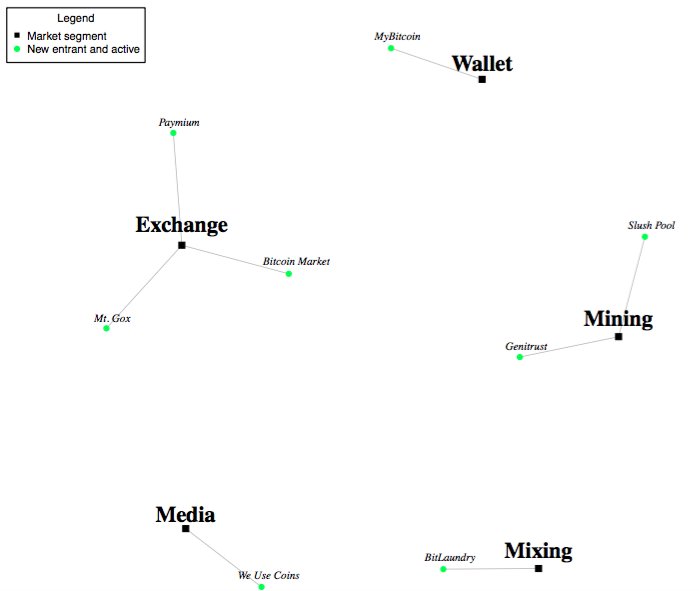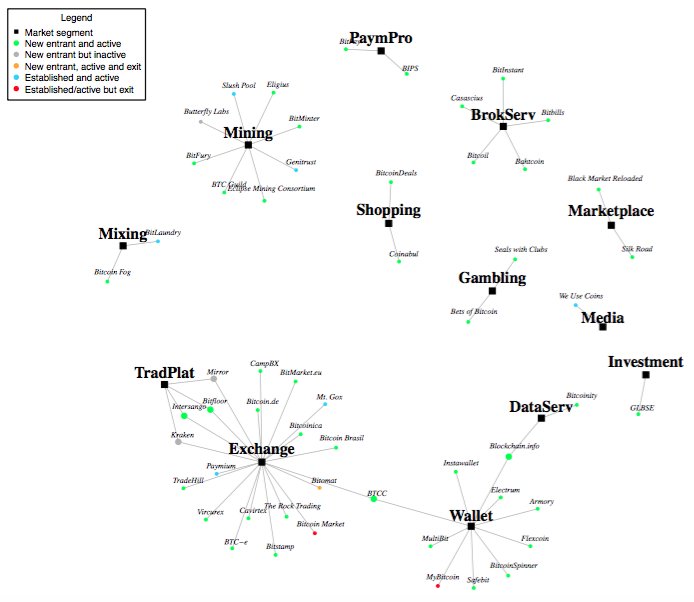The initial decision is made by SEC staff in the Division of Trading & Markets. If the staff denies an ETF proposal, the ETF sponsor can file an appeal, which will be decided by all of the SEC Commissioners.
When a proposal is filed, the SEC publishes it in the Federal Register (the government's official journal) & solicits comments from the public. It then has 45 days to approve, deny, or delay a decision.
- 45 more days if they need more time
- 90 more days if they want the sponsor to address "grounds for disapproval"
- 60 more days if they need more time again
The final deadline is 240 days after publication in the Federal Register.
For example, the SEC took ~16 months for the Winklevoss appeal, but only ~6 months for an appeal re: the CHX.
So, if the SEC delays "unreasonably" on an appeal or review, an ETF sponsor can get a court order forcing a decision.
The main concern is market manipulation. Exchange Act Section 6(b)(5) requires that an exchange's rules be designed to “prevent fraudulent and manipulative acts and practices” & “protect investors and the public interest.”
To be specific, the SEC wants ETF sponsors to have "surveillance-sharing agreements with a regulated market of significant size."
That's because the SEC staff at the Division of Trading & Markets will likely rely on the precedent set by the Commissioners when making ETF decisions.
I say the *current* SEC because its stance could shift as Commissioners finish their terms & are replaced.
At this point, the only ETF left standing is VanEck/SolidX. If you want to learn more, check out @gaborgurbacs, VanEck's Director of Digital Asset Strategy.
That's largely because it's commodity-backed: it would buy & custody actual bitcoin instead of tracking price through derivatives.
This sounds like "good" financialization: forbes.com/sites/caitlinl…
The SEC could delay its decision for another 90 days until December 29. It could then delay for another 60 days until February 27. That would be the absolute final deadline.
Bitwise hasn't had a proposed rule change filed yet, so it isn't under active consideration by the SEC.
The rejections are under review by the full SEC. As I explained earlier in this thread, the review process has no formal deadline.
I don't know, but if I had to guess I would put the odds at 70% chance of delay, 29.9% chance of denial, and 0.1% chance of approval.
Not legal / financial advice. Don't trade on this & don't @ me.
A delay would allow the SEC to get more information from VanEck. For example, what surveillance-sharing agreements does VanEck have with exchanges?
Plus, they have nothing to lose by delaying. It makes them look thorough & there's no pressure to decide immediately.
I can't *completely* rule out approval at this stage, but that would be shocking.
On a personal level, I appreciate her support for innovation & respect her take on the proper role of the SEC. Its job isn't to eliminate *all* risk, but rather to enable investors to make informed decisions.
Basically, she says Exchange Act Section 6(b)(5) only lets the SEC consider if the ETF *itself* could be manipulated. She says the SEC has no authority to look into manipulation in the underlying markets.
Reversing that much precedent is a hard sell, though I wouldn't mind taking the case to court.
In my view, all of these financial vehicles are important. The goal is to make crypto investable by more people & institutions. I'm not sure it matters if that happens through an ETF, Bakkt, or something else.
Anyway, it's not either/or. You can root for them both.
If you want to know *all* the reasons why the SEC doesn't want to approve a bitcoin ETF in excruciating detail, read pages 11 through 17 of this document.
For example, Question #14 asks "whether the Gemini Exchange is a market of significant size." In the Winklevoss appeal denial, the SEC explicitly said it's not.
The deadlines for comments responding to the SEC's questions will be set when this order is formally published.






